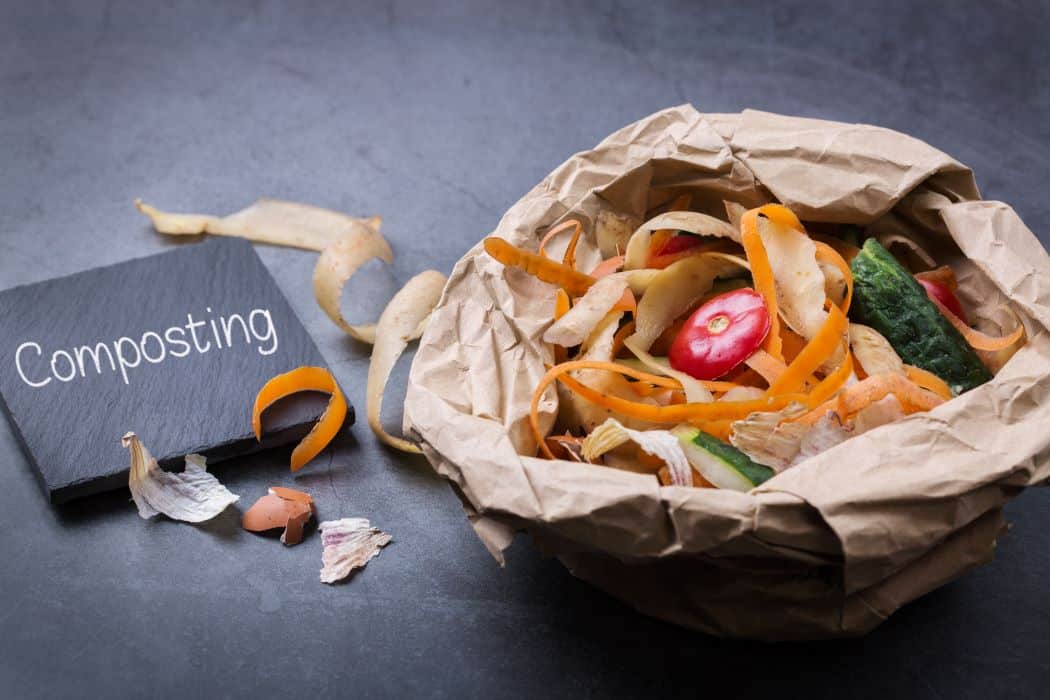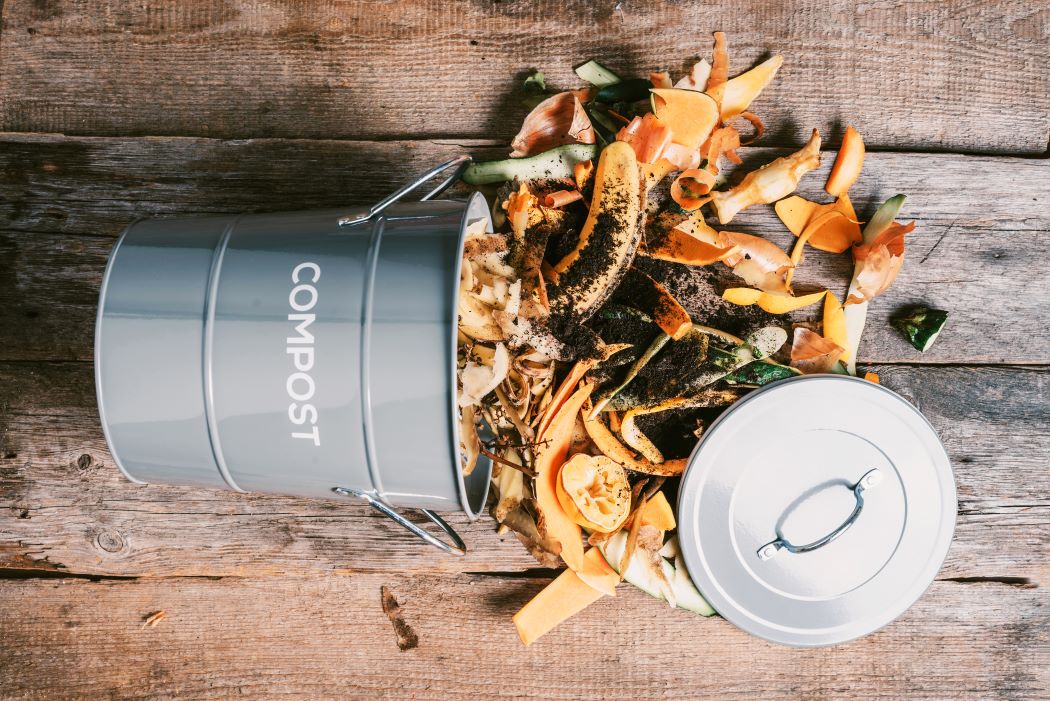No Results Found
The page you requested could not be found. Try refining your search, or use the navigation above to locate the post.
Are you a garden enthusiast tired of waiting for your compost to break down, being stuck with unpleasant odours and potentially wasting money on chemical fertilizers? Do you want to be an eco-minded homemaker or garden maker and find the most efficient way of healthy organic recycling?Then Look no further! Composting worms might just be your answer! Wormeries worms are a natural and effective way of breaking down food scraps, using less space than traditional compost piles. Skyline Grower makes it easy for you to have these amazing earth-saving creatures in your own backyard; Not only will this help eliminate food waste, but it will transform kitchen scraps into rich soil through vermicomposting – quite possibly making you look like a superhero in the process!
The page you requested could not be found. Try refining your search, or use the navigation above to locate the post.
Our Guarantee
99% Of Our Products Sold In stock
Consistent, trustworthy performance.
From Finding The Right Solution To Installation
If you’re looking for a way to reduce your household organic waste, investing in your own wormery is a great solution. Wormery bins are odorless and easy to maintain, and they’ll save you money on your garbage bill. Plus, you’ll get to feel good about doing your part to reduce your carbon footprint. Skylinegrower is a great place to get started with vermicomposting. We have everything you need to get started, including live composting worms, worm farms, starter kits, and rescue kits.
Worm composting also known as vermicomposting or vermiculture is an excellent way to recycle food scraps and other organic materials into a valuable soil amendment (also known as vermicast or vermicompost). As a by-product, these amazing earth-saving little creatures produce “worm tea” which is an extremely valuable liquid fertiliser.
A wormery also known as a worm farm or wormbox bin utilizes worms to break down your kitchen and garden waste into rich compost. You simply add composting worms to your bin with holes for air circulation, and voila! The worms gorge themselves on the wasted nutrients, breaking them down into an amazing soil amendment. Plus, they generate liquid fertilizer to feed your plants. Compost Worms is the perfect answer to reducing food and organic waste while nourishing your garden. Go green and get composting!
Compost Worms are incredibly efficient recyclers of organic kitchen waste, typically they will eat a wide variety of organic materials such as paper, manure, food scraps, cardboard, and other biodegradable materials. They are especially fond of kitchen scraps like fruit and vegetables, coffee grounds, egg shells, tea bags, and even small amounts of grains or bread.
Meat, poultry, and fish Dairy products Citrus fruits and Onions
Discover the easy and stylish way to compost indoors with our Urbalive Worm Farms! Whether you’re an avid environmentalist or just starting out, our modern and contemporary design makes vermicomposting accessible for everyone, indoors. Say goodbye to messy, outdoor composting and hello to a sustainable lifestyle and compost worms with our Urbalive Worm Farms.
Our products for composting worms are not just eco-friendly; they’re also cost-effective. You can easily use compost worms to recycle your household and kitchen waste into high-quality fertilizer for your plants instead of spending money on expensive and often unsustainable fertilizers and you can create your own nutrient-rich compost right at home. Wormeries not only help save money – it also saves the environment by reducing the amount of waste sent to landfills.
It’s the perfect solution for beginners looking to create nutrient-rich compost for their gardens. Unlike traditional composting, worm composting can be done at home without taking up too much space. Even if you’re new to the world of composting, you can easily get started with worm composting and all you need are some red wiggler composting worms, a Urbalive workbox, some bedding material, and food scraps. Best of all is the fact that all of our Urbalive Wormery products come with detailed step-by-step instructions to get you going.

Worm compost is rich in nutrients, making it an excellent organic fertilizer for gardens and lawns.
Vermicompost contains beneficial microbes, which help to break down organic waste and improve soil structure.
Your wormery worms will reduce the number of food scraps, kitchen waste and other organic materials that would otherwise end up in landfills or incinerators as all of it now becomes worm food.
Worm composting produces natural, odour-free compost that takes about 30 minutes per week to maintain.
Live worms produce valuable worm tea (Black Gold)The liquid is produced during the composting process and can be used as a powerful fertilizer for plants.
Worm composting (vermicomposting) is an excellent way to recycle food scraps and other organic materials into a valuable soil amendment (also known as vermicast or vermicompost). It is an environmentally friendly resource that reduces household waste significantly by repurposing kitchen and garden waste.

Composting with worms is faster than traditional composting methods, as worms break down organic waste more quickly.
Composting with worms can be done in small spaces, as wormeries can be set up indoors or outdoors, making it ideal for those with limited space.
Worm caster produced by a wormery is nutrient-rich, has more beneficial microorganisms, and contains fewer weed seeds than traditional compost. This makes it a superior fertilizer for plants, providing greater benefits to soil health and plant growth.
Composting with worms helps to reduce the amount of organic waste that goes to landfills, thereby decreasing the amount of methane gas produced from decomposing organic waste in landfills, a potent greenhouse gas that contributes to climate change.
Composting with worms produces less odour than traditional composting methods, making it more suitable for indoor use and reducing unpleasant smells in the vicinity.
Composting with worms can be done year-round, regardless of the weather or climate, making it a versatile option for producing nutrient-rich compost for gardening, agriculture, and other applications.
Composting with worms requires less maintenance than traditional composting methods. Worms naturally move through the bedding, aerating it as they go, eliminating the need for manual turning. Additionally, wormeries produce less compost at one time than traditional composting methods, requiring less frequent harvesting.
Worm composting is one of the most efficient and cost-effective ways to reduce your environmental impact. From turning food waste into valuable fertilizer for your garden to helping fund local conservation initiatives, composting worms offer a lot of rewards. They’re easy to care for, require very little space, and can provide you with a plentiful supply of natural fertilizer that’s completely organic. What’s more, certain types of composting worms can even help reduce methane emissions by eating organic materials like paper and cardboard! Invest in a Urbalive Worm Farm today and join the growing movement of people who are doing their part to reduce their waste and improve the environment. Not only will you be contributing to sustainable practices, but you’ll also be reaping the rewards of vermicomposting as well. With all these benefits, there’s never been a better time to start worm composting!
Worm composting, also referred to as vermicomposting, is a sustainable method that harnesses the power of worms to break down organic waste materials. By utilizing kitchen scraps and yard waste, these diligent creatures transform them into nutrient-rich compost, which can be utilized to enhance the health and fertility of gardens.
Red wiggler worms (Eisenia fetida) and European nightcrawlers (Eisenia hortensis) are widely preferred for composting due to their insatiable hunger and adaptability to compost bins. Our composting worms consist of a diverse mixture of species, primarily reds and dendras, carefully selected for their exceptional composting abilities.
Our Urbalive worm farms are specifically made for indoor use. However, you can set your wormery up in a variety of places, including your backyard, or balcony. Ensure the location is sheltered from extreme temperatures and direct sunlight.
To maintain ideal conditions, it is important to keep your compost pile moist but avoid waterlogging. Ensure proper aeration by occasionally turning the compost, and carefully monitor the temperature to keep it within the range of 55-77°F (13-25°C). Additionally, make sure your worm farm is located in a sheltered area, protected from extreme sunlight and temperatures. By following these guidelines, you can ensure the success of your composting endeavours.
Your worms will require about 6-8 weeks to generate a significant quantity of vermicompost. This compost manifests as small, dark clusters that can be effortlessly crumbled. Various techniques exist for extracting the completed compost: Pause feeding for several weeks every 3-4 months and move the compost to one side of the container.
Yes, worm composting is an eco-friendly way to reduce waste and minimize the need for chemical fertilizers. It also helps decrease the amount of organic waste in landfills.
Yes, the liquid, known as “worm tea” or leachate, is a nutrient-rich liquid that can be diluted and used as a natural plant fertilizer.
While you can use various containers, it’s best to use specialized worm bins like our Urbalive wormeries that have been designed for composting. These bins provide the ideal conditions and prevent escape.
It’s recommended to let the worm compost cure for a few weeks before using it in your garden to ensure it’s fully stabilized and free of any potentially harmful pathogens.
Worm composting is suitable for both beginners and experienced gardeners. It’s an eco-friendly and rewarding way to recycle organic waste while improving your garden’s health.
If you have any questions or need any help setting up your Urbalive worm farm send us a message and our friendly support staff would be glad to help.